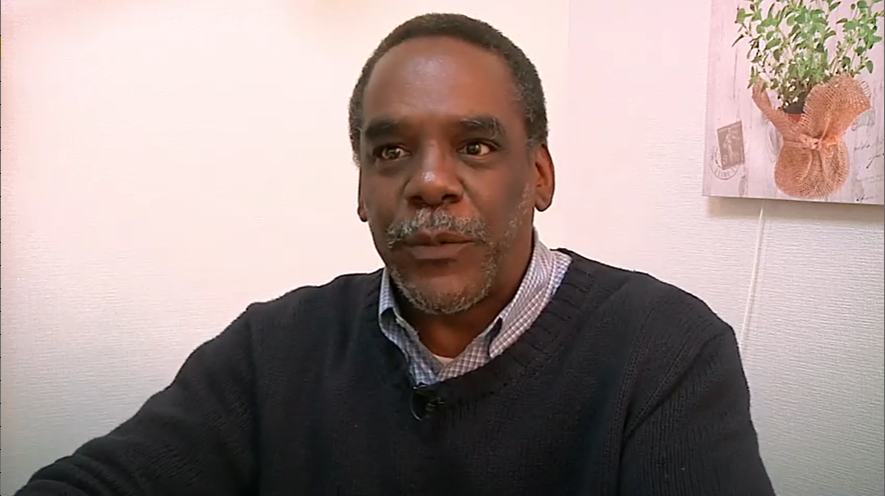OTHER
Baye McNeil on whitewashing, "hafu" ("half") biracial identity, individuality, and challenges in Japan; and opening minds by reducing presumptions made on the basis of race, gender, or physical condition <Set D>
April 05, 2019
The video clip below provides excerpts from a conversation with author, columnist, and lecturer Baye McNeil.
In a candid interview conducted in the shadow of Yokohama Station, Baye McNeil recounts his journey as a writer in Japan, from initial challenges to society-changing successes. McNeil details how through writing he has addressed racial issues while considering the broader social context and his position as an international resident.
Baye McNeil was born and raised in Brooklyn, New York. Before departing for Japan in 2004, Baye had written for a local newspaper and completed a novel.
Upon arriving in Japan, McNeil began teaching and later began his blog, "Loco in Yokohama" which covered life in Japan from a Black New Yorker's perspective. The blog grew steadily in popularity, leading to a particular series of posts bringing Baye to the attention of readers worldwide. The series was a 42-part open discussion of race issues, later expanded into a critically acclaimed novel. The book, "Hi! My Name is Loco and I am a Racist," was subsequently chosen by ExpatFinder as a Top 5 Expat Book.
In a candid interview conducted in the shadow of Yokohama Station, Baye McNeil recounts his journey as a writer in Japan, from initial challenges to society-changing successes. McNeil details how through writing he has addressed racial issues while considering the broader social context and his position as an international resident.
Baye McNeil was born and raised in Brooklyn, New York. Before departing for Japan in 2004, Baye had written for a local newspaper and completed a novel.
Upon arriving in Japan, McNeil began teaching and later began his blog, "Loco in Yokohama" which covered life in Japan from a Black New Yorker's perspective. The blog grew steadily in popularity, leading to a particular series of posts bringing Baye to the attention of readers worldwide. The series was a 42-part open discussion of race issues, later expanded into a critically acclaimed novel. The book, "Hi! My Name is Loco and I am a Racist," was subsequently chosen by ExpatFinder as a Top 5 Expat Book.
